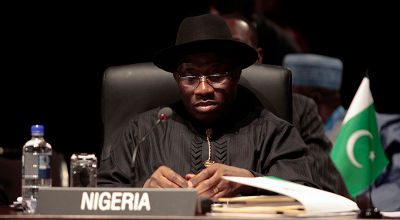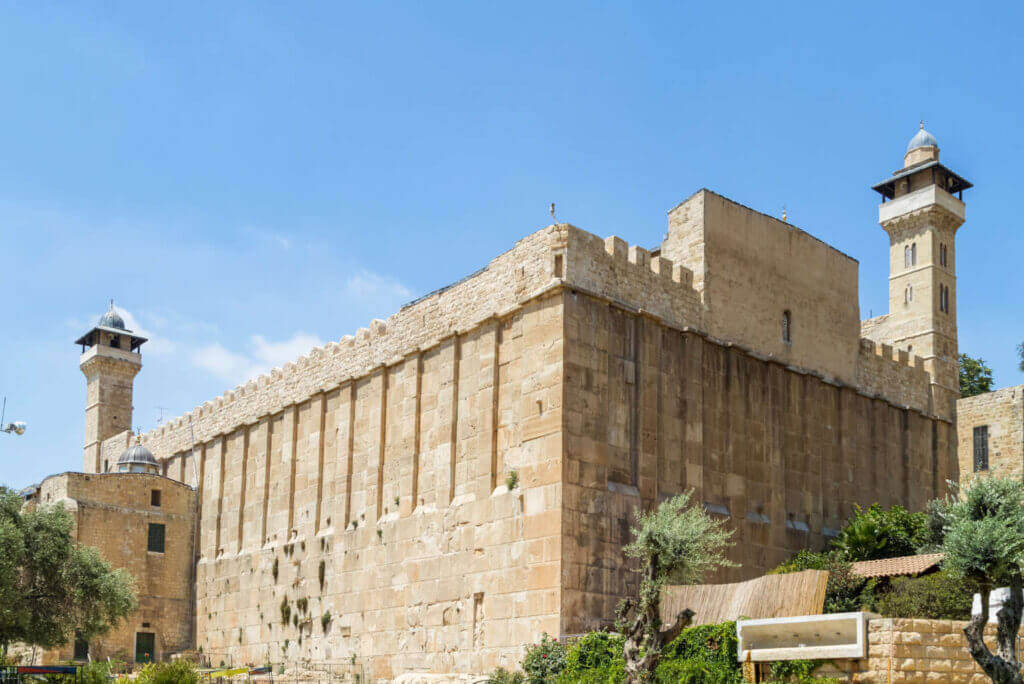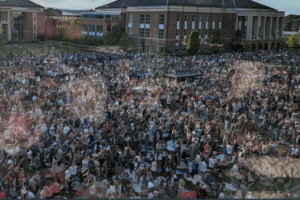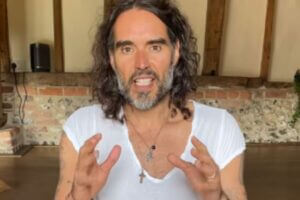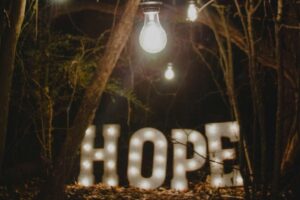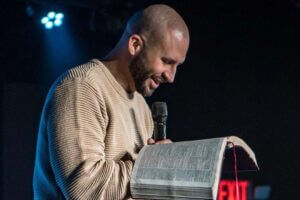General Reaction
Reactions from politicians, pundits, interest groups and even victims of Boko Haram have ranged from praise to condemnation to ambivalence. A brief sampling of opinion:
The PDP lined up behind its standard-bearer, proclaiming itself “optimistic that this drive will yield the desired results in the general good and restore the unity of our nation,” Sahara Reporters noted.
Club Nigeria Ltd., a British nonprofit devoted to “mak[ing] Nigeria a functional society,” blasted the move. “Your Government shall by so doing have inadvertently entrenched the crime of murder and mass murder as a non-punishable act in Nigeria,” the Club said in a letter to Jonathan.
A group of widows of the victims of Boko Haram killings urged the militants to accept the amnesty, Leadership Nigeria reported. “Women have suffered most in the ongoing Boko Haram crisis; we have lost our husbands, parents, children and even fiancés. We are appealing to the sect to please take advantage of the planned amnesty and initiate talks with the government,” widow Malama Falmata Ibrahim, said.
The Congress for Progressive Change party, which outpolled Jonathan in the north in the 2011 elections, took a skeptical line. “We do not trust this federal government to sincerely bring about an end to the Boko Haram insurgency,” CPC spokesman Rotimi Fashakin told This Day. “We have said this before that the PDP-led government is in cahoots with the political Boko Haram and that they have been benefiting from the huge budgetary expenditure for security.”
Alhaji Umar Duhu, chairman of the conservative All Nigeria Peoples Party in the northern Adamawa State, told Leadership Nigeria he supports amnesty but doesn’t think Jonathan will work hard enough for it. “I don’t think there is any political will to push the amnesty proper. Because the way he is going about it gives us doubt, his sincerity towards giving amnesty to Boko Haram is questionable.”
In an editorial, the Nigerian Tribune observed Boko Haram elements had continued murderous attacks since the government’s study of amnesty began in early April. “The question that now arises is: what next – an unconditional surrender to terror and peace at any price?” The Tribune wrote. “Boko Haram is a potent threat to the fabric of Nigeria as a political entity. It is an insurrection that is aimed at dismantling everything that holds Nigeria together.”
Still others, such as Pentecostal televangelist Chris Okotie, himself a presidential candidate in 2003 and 2007, walked down the middle.
“Amnesty is justifiable under an atmosphere of jaw-jaw or during a carrot and stick situation, not when one side to the conflict is invisible, implacable and unwilling to accept anything but its own terms, which in the case of Boko Haram, cannot stand on any civilized logic,” he said in an April 20 column.
“Nevertheless,” he added, “if the northern leaders strongly believe amnesty is a way out at this stage, it is worth giving a try. However, beyond clamoring for amnesty for the terror group, the (group of traditional leaders in the north) must give some form of assurance that it would actively participate in enforcing the peace we all expect.”
Even in the face of Boko Haram’s campaign of violence and disruption, some are measuring the political stakes bound up in Jonathan’s amnesty overtures. Writing in Vanguard Media, regional editor Soni Daniel observes that President Jonathan, looking ahead to the 2015 elections, has little choice but to accommodate the pro-amnesty voices in the north, where his support is weakest.
The political costs, however, could be significant, said Vanguard Media columnist Jide Ajani. “Mr. President has embarked on a fool’s errand—pure and simple,” he wrote. “In a polity of clashing socio-political, economic and religious interests, throwing the bait of amnesty at a dare-devil group only suggests one thing: A hopeless and helpless leadership.”
Only weeks after dismissing Boko Haram as “ghosts,” Ajani wrote, Jonathan’s exploration of pardon for the sect is evidence of “a massive deficit in statecraft at the highest level.”
Refusing the Appointment
Adding to the uncertainty surrounding Jonathan’s amnesty committee is the defection of at least two appointees. Northern civil-rights activist Shehu Sani took his name off the roster partly because he said he wasn’t consulted before his name was added.
The larger reason, Sani told The Gaurdian Nigeria, is the failure of the government to get Boko Haram buy-in to amnesty privately before going public with the committee. Doing so, he said, would have given the government leverage to hold the militants accountable to amnesty conditions.
The President of the National Supreme Council of Islamic Affairs, Datti Ahmed, also refused his appointment to the amnesty committee, saying it’s too tightly linked to Jonathan. The committee chairman, for example, is a Presidential appointee, Minister of Special Duties Alhaji Tanimu Turaki.
Vanguard Media reported Monday that other committee appointees were voicing—anonymously, for now —complaints similar to those from Sani and Ahmed, and that more defections may be forthcoming.
The Reaction From the South
Perhaps more ominous than the intrigue surrounding membership on the amnesty committee are the threats of violence coming from youth-dominated Christian and Muslim groups in the south and north, respectively.
On April 14 a remnant group of the Movement for the Emancipation of Niger Delta, or MEND, issued a statement that it would begin, May 31, a campaign of bombings of mosques and other Islamic communities, and assassinations of Muslim clerics. The reason: to “protect” Christians from continued attacks by Boko Haram in Nigeria’s north.
The 2009 amnesty deal in the Delta region was supposed to disband MEND, but splinter groups, with different loyalties, remain. They are concern enough that Kingsley Kuku, Special Adviser to the President on Niger Delta Affairs, issued a plea to the group that made the threat to settle its grievances with dialog through his office.
Less diplomatic was the Arewa Youth Forum, a unit of the Arewa People’s Congress, a militant group defending Muslim members of two large West-African ethnic groups, the Hausa and Fulani. Already on record as a supporter of amnesty for Boko Haram, the youth forum’s national president, Alhaji Ibrahim Gambo Gujungu, on April 16 warned MEND that it would meet deadly violence with deadly retaliation, Vanguard Media reported.
The uprising in the Nigerian Delta can’t be compared to the Boko Haram insurgency, said Chris Ekiyor, former National President of the Ijaw Youth Council and now Caretaker Chairman of Patani Local Government Council in Delta state. In an interview with Vanguard Media, Ekiyor said the Delta militants had a specific grievance—oil exploration that left the region impoverished—and a desire to preserve Nigeria.
Boko Haram, by contrast, has an opaque agenda, and designs on Sharia. “It is a misplaced national priority to even think about granting amnesty to a bunch of people who, in all their activities, have shown criminality, have shown cold blooded murder and have no focus or issue,” he said.
The Delta is watching whether any of the national resources that the 2009 amnesty poured into the Delta region will be diverted to the north, raising the stakes of Goodluck Jonathan’s amnesty gamble even higher.
See an error in this article?
To contact us or to submit an article


